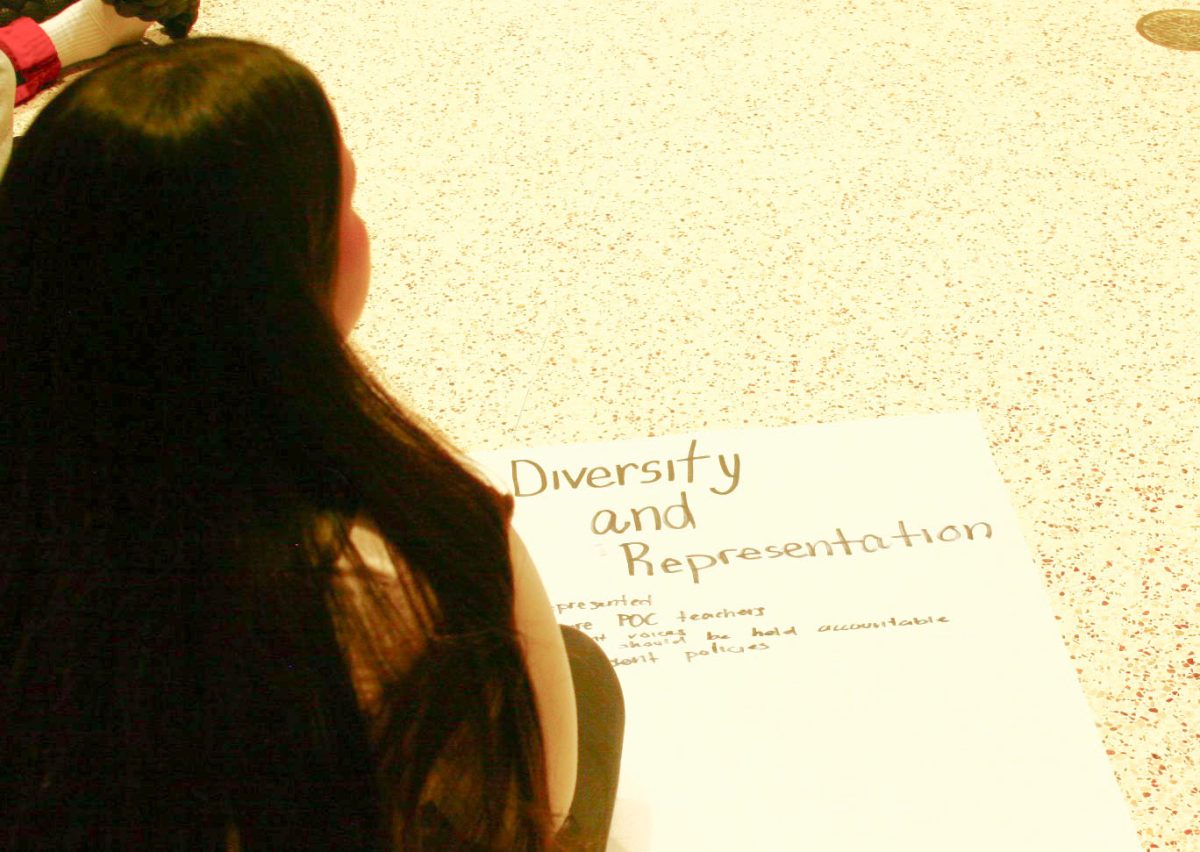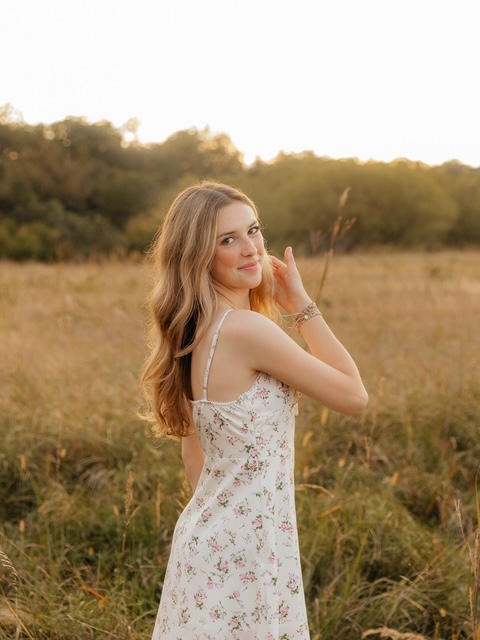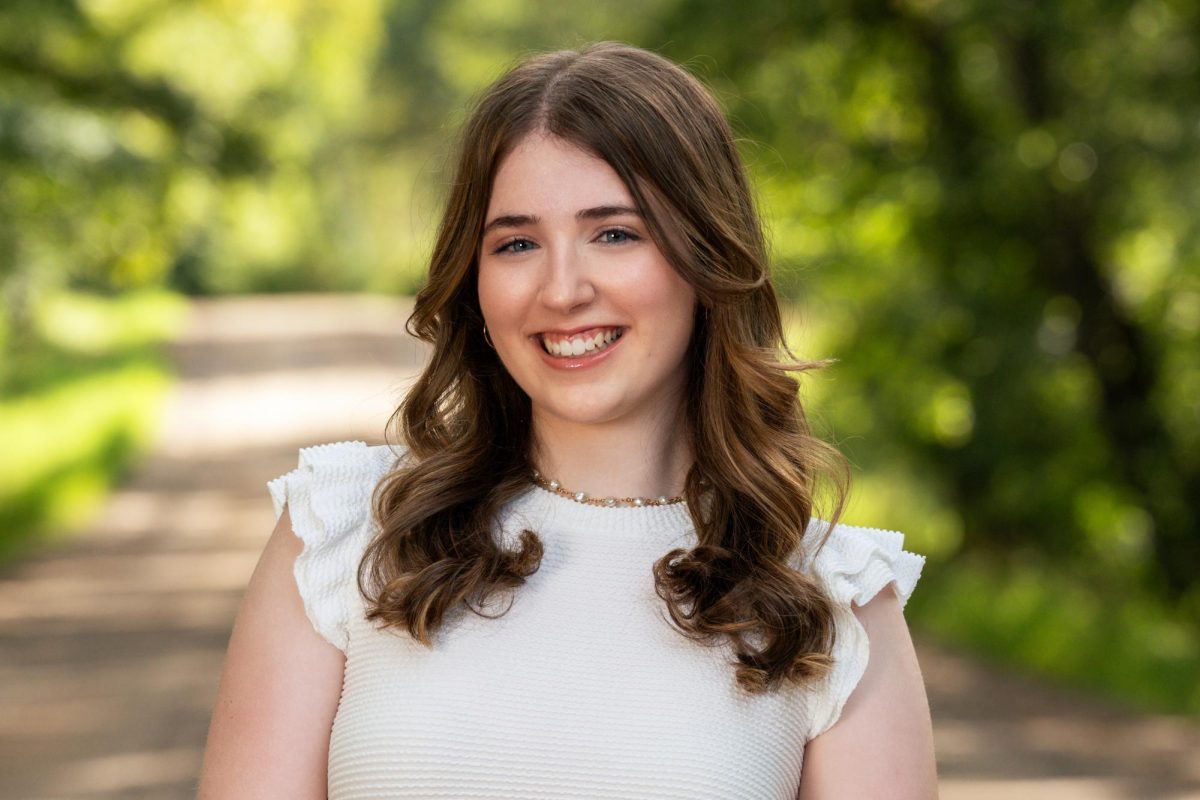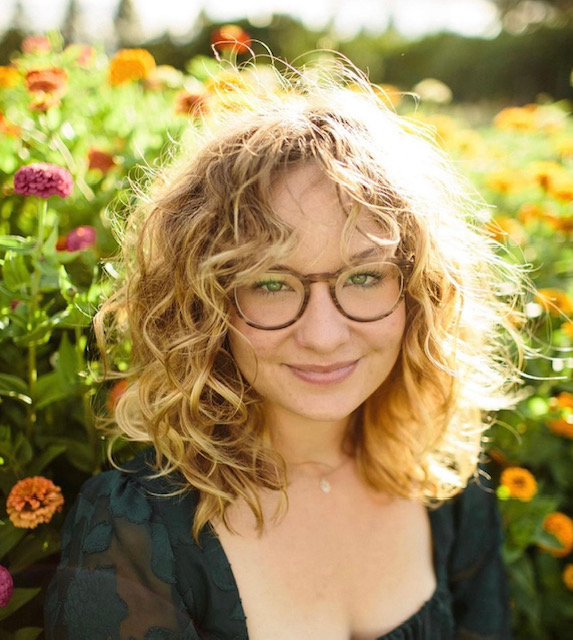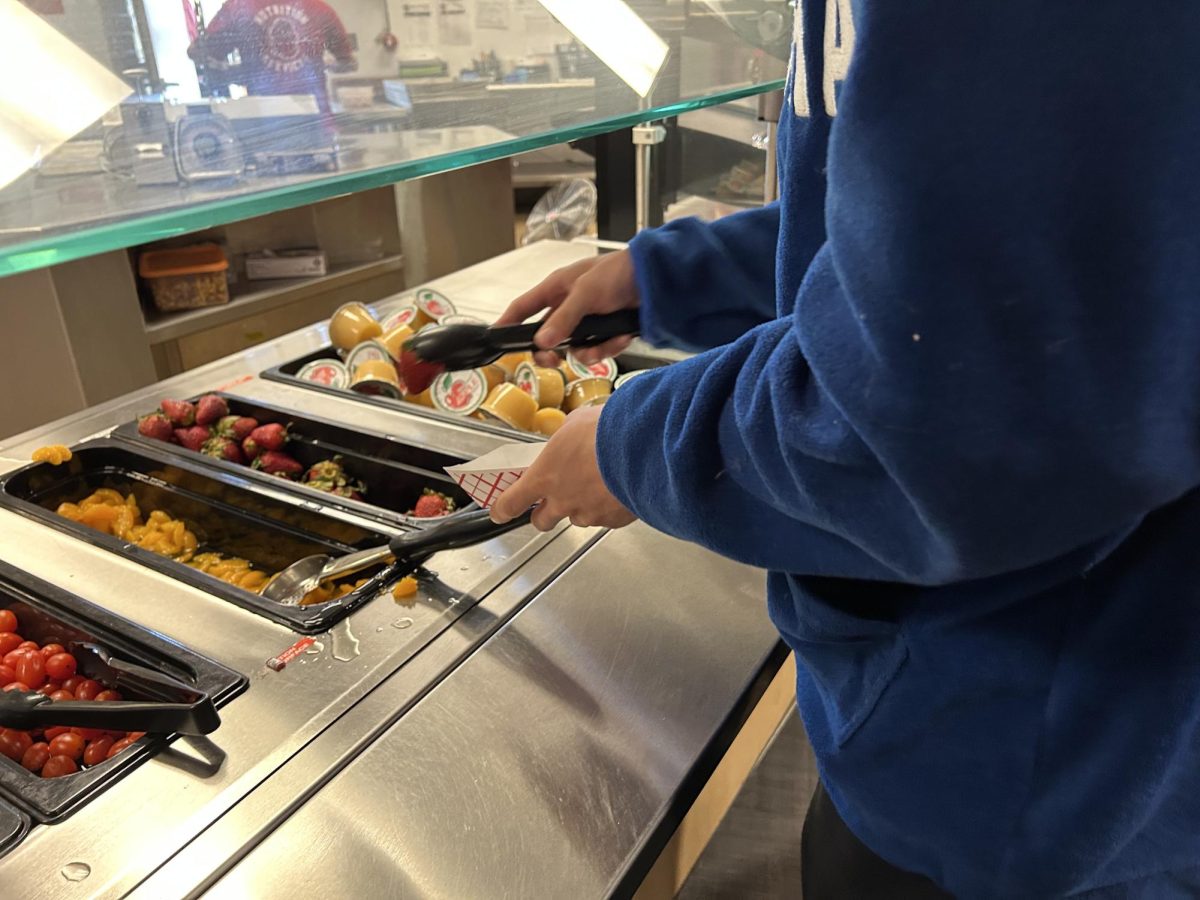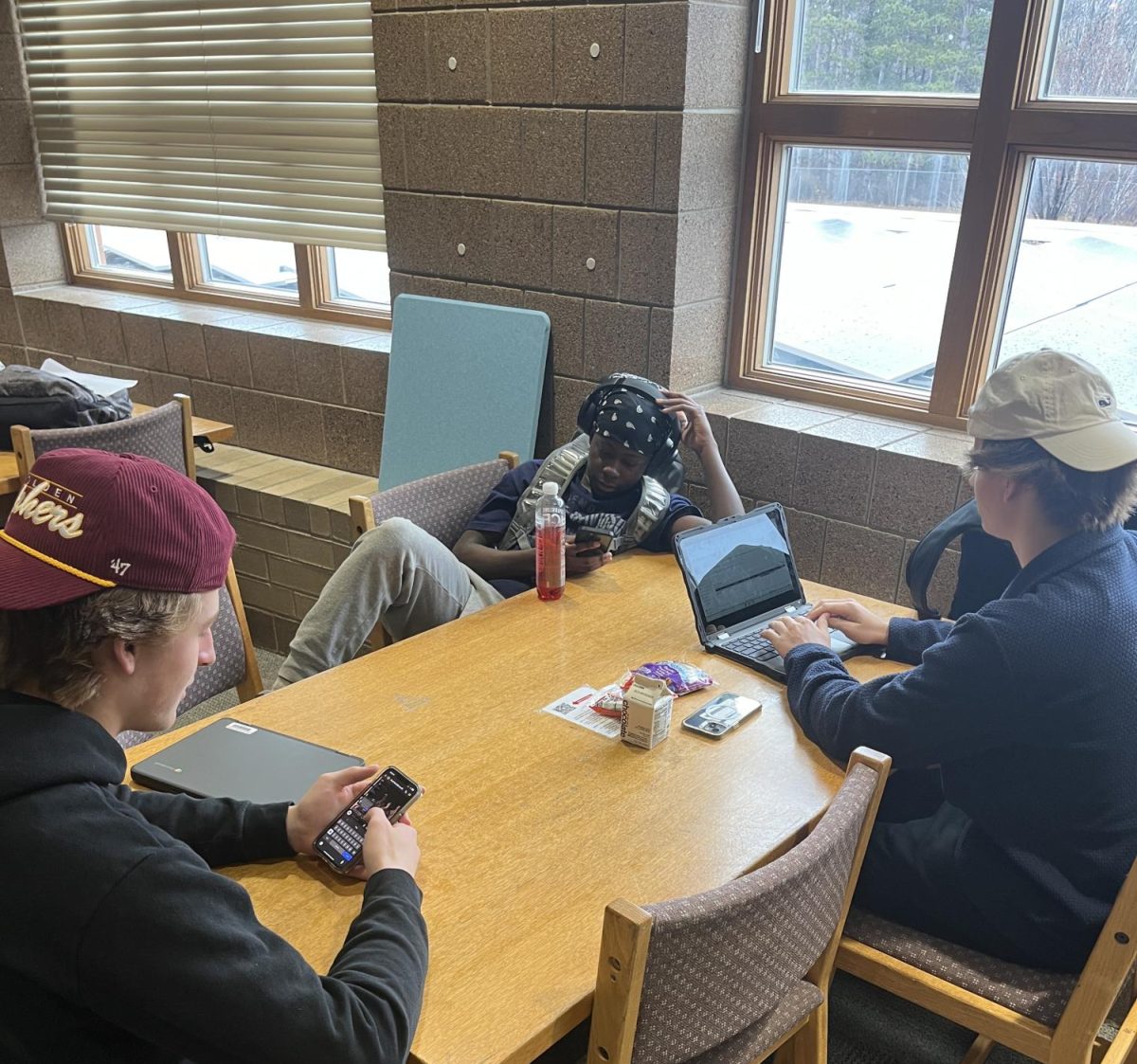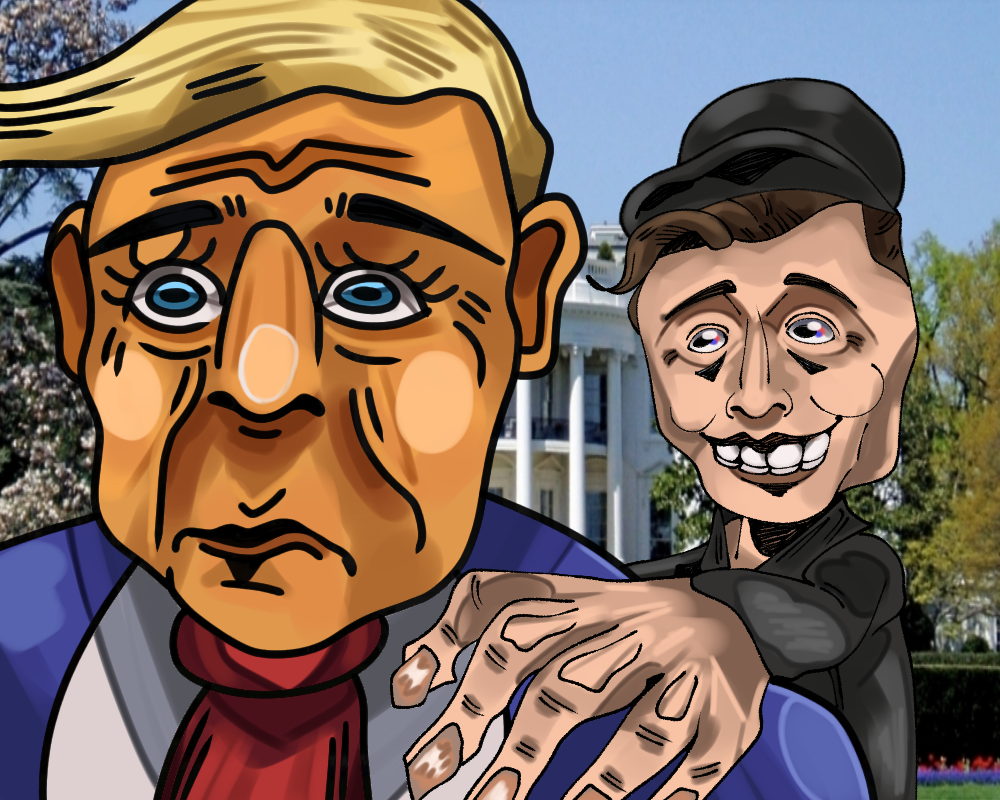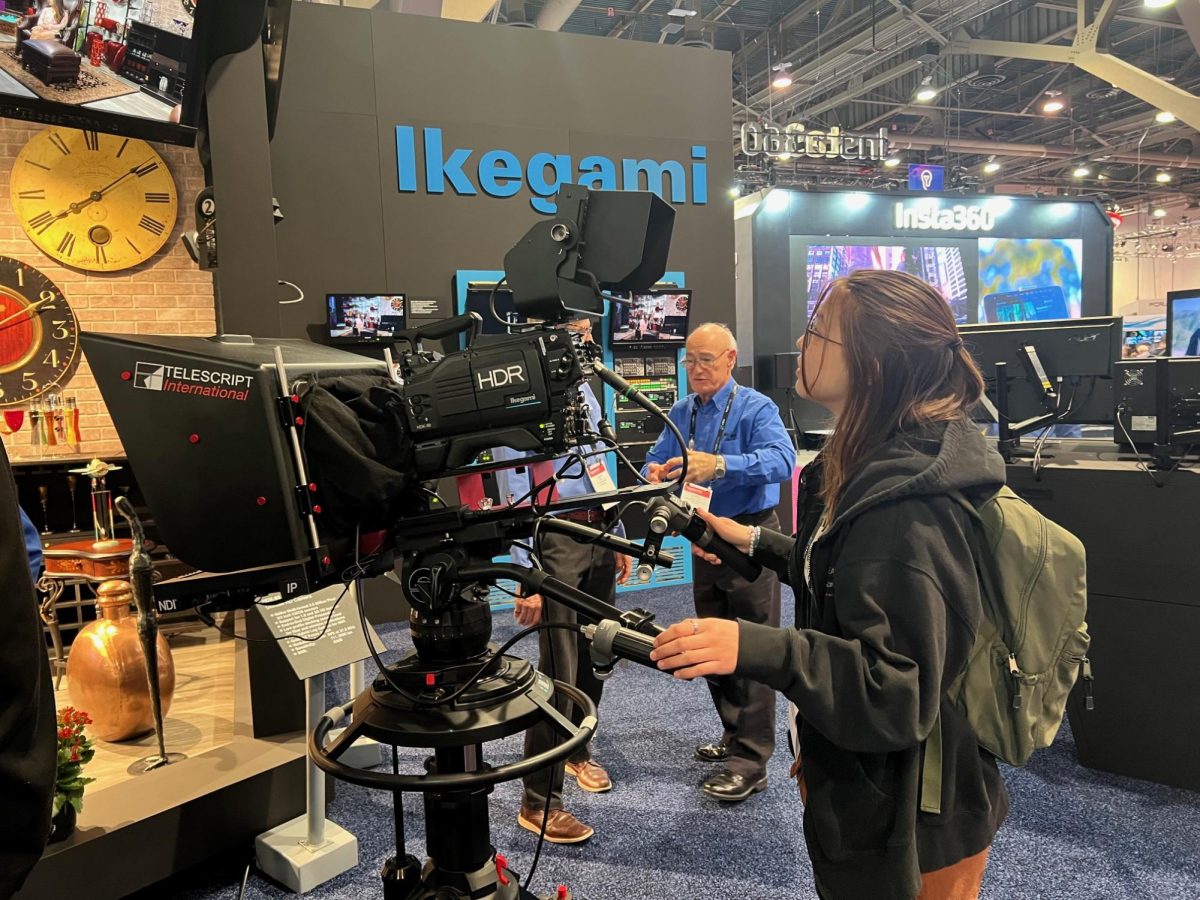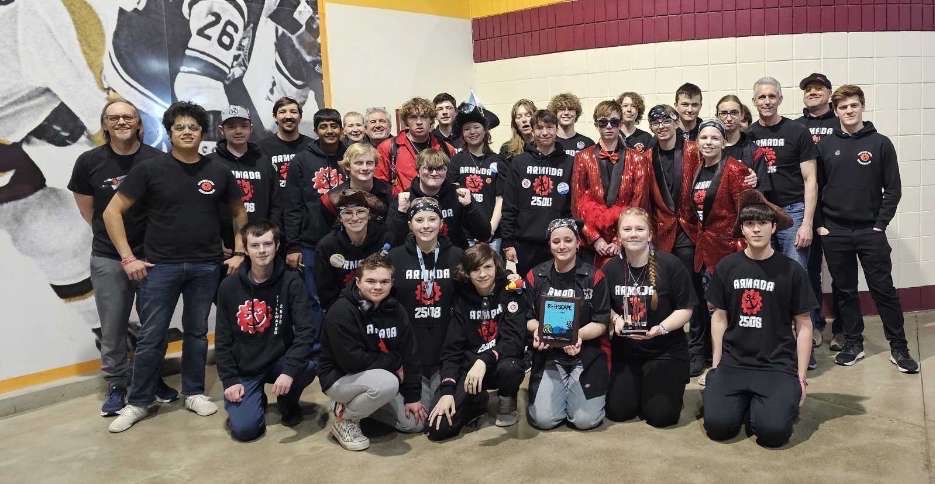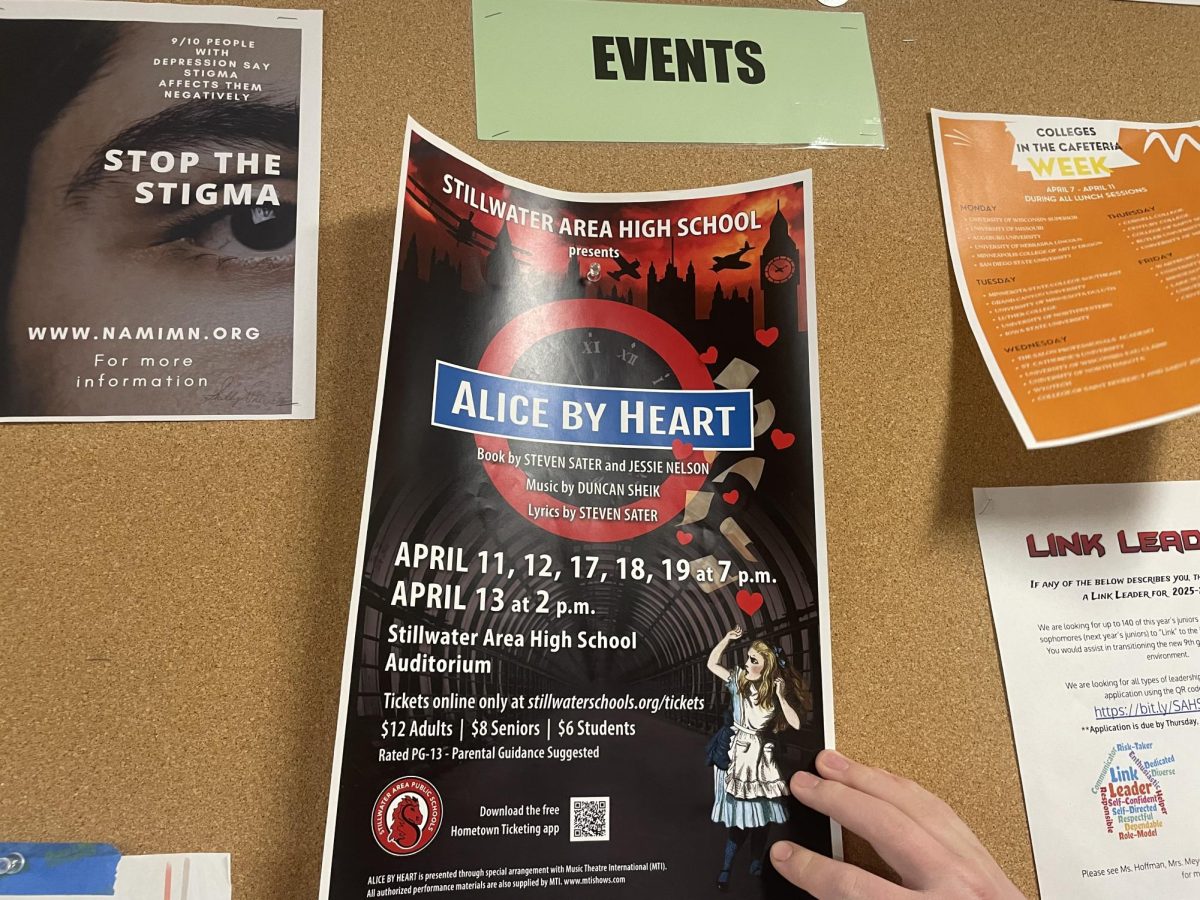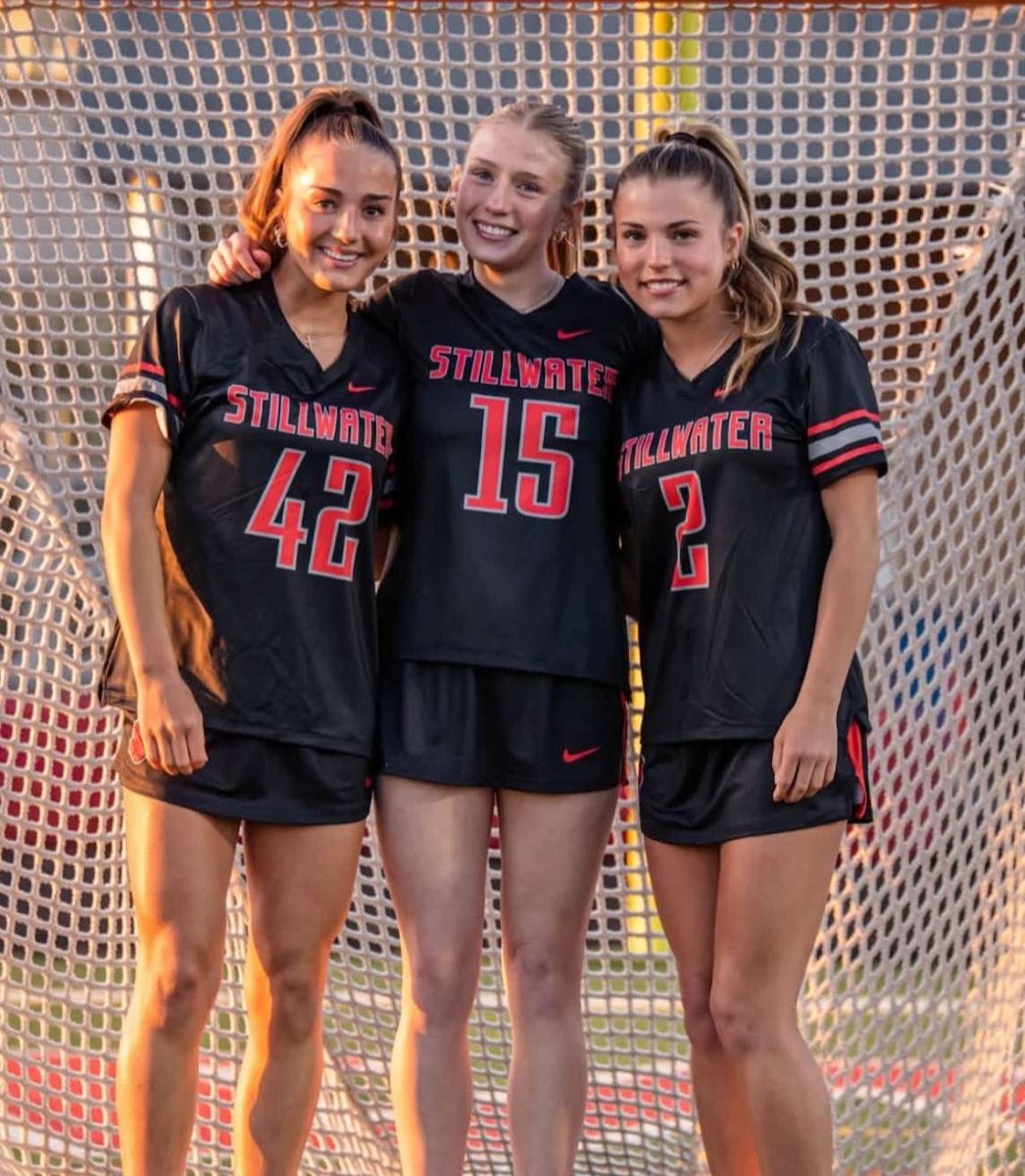The Voices of Change Conference is a collaborative meeting and workshop-based conference that is led by Cornelius Rish and the Student Leadership Council (SLC) during BLAST week. It was held in the school auditorium on Feb. 12 and it was the fourth annual conference. Topics covered in this year’s conference included basic needs: representation, inclusivity, safety, security and communication. Providing students the opportunity to discuss these topics helps the SLC and staff better understand how to make school a better safe learning environment for students.
Students at the VOC expressed that the current racial tensions around school and the rest of the country have been high. Students said they feel unsafe, underrepresented and afraid. The VOC allowed students to speak their mind on these recurring, stigmatic issues.
Schools across the country have seen a rise in microaggressions in the past year, which is visible within the Stillwater community. Students who attended provided examples of being targeted in their classrooms with comments, looks or other forms of judgment from the people around them. Students shared examples of how microaggressions can lead to physical harm.
Students also shared how they feel about their safety, security and learning during the conference by speaking in panels and working in small groups. With the recent rise in tension and rumors spreading throughout school, students have felt unheard, unsafe and confused. There was a call to staff and administrators to engage more with student needs within the community. The purpose of the conference was to gather input, and to be able to make changes in the future so students and staff can feel more comfortable and welcome at school.
A big theme that the conference sought to address was increasing safety for all students who experience microaggressions at the school. Students commented that they did not feel like there were consistent consequences for students who caused harm.
“I’ve had students in the school say just straight up anti-semitism to me, saying that they wish that Auschwitz was still around,” senior Atlas Osher-Strub said.
Atlas made several reports to the administration, but according to them, no action was taken. “Nothing would happen. Nothing would change. I had to sit next to the [student] for the rest of the year,” Osher-Strub said. Students do not feel that their concerns, like this one, are not being answered.
“I feel like incidents like these, like multiple racial-based incidents, there are not enough consequences that happen until it gains traction,” sophomore Saadiq Noor said.
During the small group discussions, students shared how they felt a sense of fear living their daily lives and coming to school. They explained that the racism they experience escalates from microaggressive jokes and at times has led to physical fights. They expressed that school needs to be a safe space for all students. It has been a theme for years, but more recently has become a prevalent issue again among students.
Junior Lily Berg advocates for solving conflict through discussion, “[It] shouldn’t have to start or end with a fight or an argument.”
“We have the big ‘Safe Space’ stickers outside of every classroom, but I feel like right now, it just seems more like a headpiece or a token than the actual embodiment of what we stand for in school,” junior Donovan Weiss explained.
Another topic students discussed was that a lack of understanding of other cultures in the school has created a divided community; the climate that this results in leaves many students feeling unsafe and discontent.
“We’ve gone backwards, and it’s sad to see that because we should be moving forward in the 21st century. I feel like our school being as separated as it is, we can come together for certain events, but then the next day we’ll be separated again,” Berg said.
More support from the administration on dealing with behavior targeted at minority students was a major point brought up at the conference. Students asked for more security and protection against both physical and verbal attacks.
Students brought up that staff do not reflect the diversity of the student body. With more diversity represented by staff, students explained that they could easily blossom a relationship with those who have shared a similar experience and make them feel more comfortable in a school setting.
Some students said staff do try to connect with students, but it feels as though teachers are “never able to tie it back to personal experiences, and especially being a person of color in that class,” junior Coolsjes Singhvi said. “We also need a lot more people of color teachers or representatives because they are our voice in there.”
The VOC Conference provided a chance for students to speak their minds and help work towards positive change at SAHS. The biggest issues at hand are lack of representation, safety for minorities, microaggression and lack of education. Students will continue to work together with the SLC to make these changes a reality.
As a result of the conference the SLC has worked with administrators to create BIPOC Union, a club that allows students to connect and work together. It is the first of many changes that has resulted from conversations in the VOC conference.


